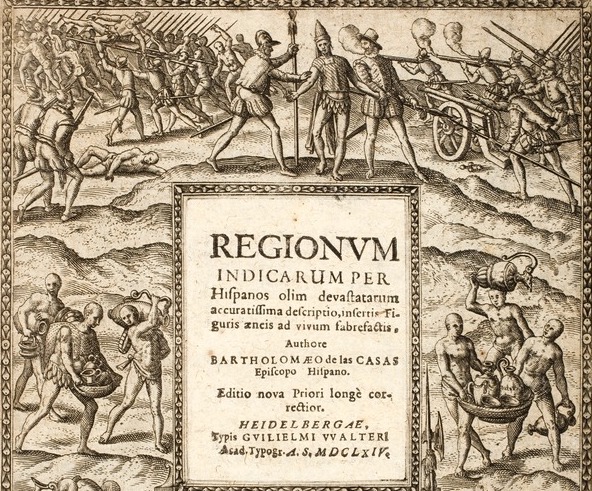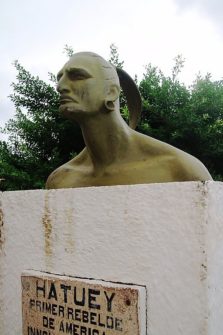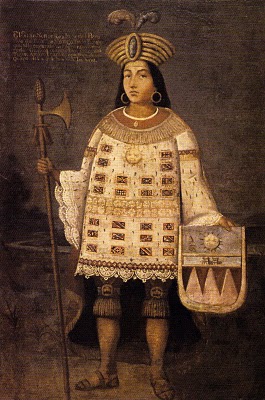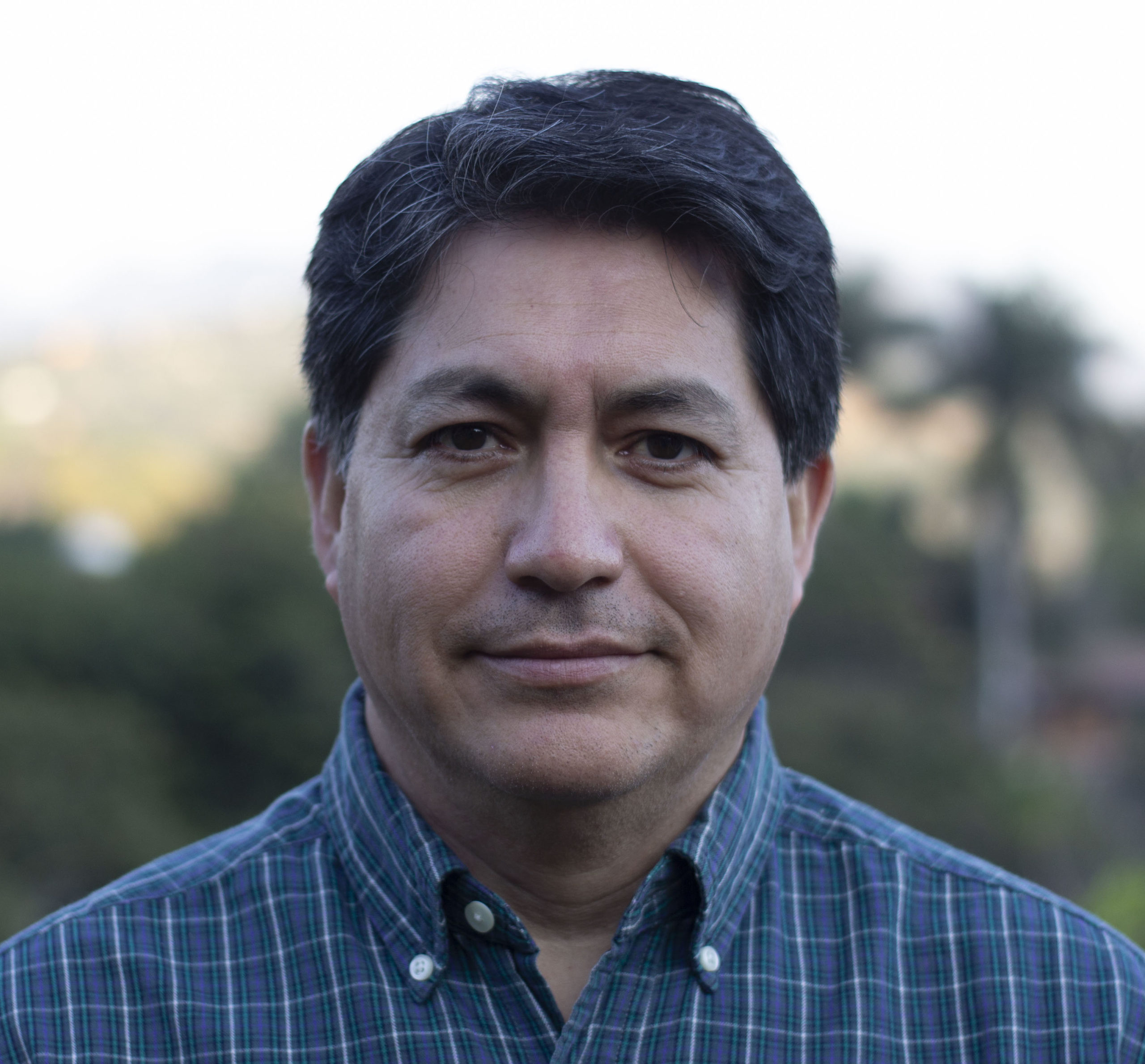
Since scholars will inevitably engage critical theoretical frames, it is advisable for them to take the time to become familiar with the historical circumstances, along with the social, political, and economic factors that shape those frames. It is also important to understand the critical vantage points and intellectual traditions from which those theoretical frames are articulated. As a religious ethicist, theologian, and cultural critic, I have become increasingly aware of the potential misuse of certain critical theoretical frames and categories. For instance, I have recently encountered articles in which the categories liberation, postcolonial, intersectional, and decolonial are used interchangeably and sometimes almost synonymously. These categories, among others, have become buzzwords used to superficially signify cutting edge critical research. Moreover, their use gives the impression that the scholars who use them are versatile in their ability to move from one theoretical school to another (e.g., critical cultural theory, Latin American studies, race theory, Chicana studies, and postcolonial and decolonial thought).
As such, the mere deployment of these categories and intellectual strands does not always signify an advancement of critical theoretical debates. In fact, I would argue that it is even more important to highlight their points of divergence. On the one hand, many of these intellectual schools share a common ground since they all challenge the epistemological apparatus of the Euro-North Atlantic intellectual tradition and seek to expose and unmask the hidden ideological dynamics that have resulted in the dehumanization and commodification of the rest of the world’s population. On the other hand, each of these schools of thought emerged from very different concrete historical contexts which continue to shape and inform their ideas and proposals.
Let’s consider three examples to illustrate the problem. First, Edward Said’s postcolonial notion of misrepresentation of the Middle and Near East via Orientalism does not operate in the same way as the orientalization of the Indigenous peoples of the Americas, which has been theorized by Latin American studies scholars. Said critically analyzes the misrepresentation of the oriental that lies behind the literary and scholarly production of the orientalist. In orientalism we encounter the orientalist’s self-referential assumptions and prejudices. The orientalism identified by Latin American studies scholars, however, refers to the historical processes of dehumanization of the Indigenous peoples of Abya Yala (the Americas) as part of a European objectification which saw them as objects that could be used in the extraction and amassing of gold, silver, and precious stones. The objectification occurred even at the cost of the decimation of Indigenous lives and the destruction of Indigenous religious and cultural traditions. In broad strokes, the difference between the two is that the “mysterious” orientals had captured the curiosity of European orientalists who were interested in both taming and exoticizing the oriental “other,” whereas the Indigenous of Abya Yala were subject to sexual, cultural, economic exploitation, along with the exploitation of their natural resources.
Second, in the same way, Stuart’s Hall’s critical cultural theory framing of the “West and the Rest” is not interchangeable with Enrique Dussel’s transmodern notion of the “underside of modernity.” The former points to the ideological superstructure that emerged as the Western European colonial project took shape and the rest of the world became the object of European greed. The latter uncovers entire Indigenous and African worlds that became the object of the European fetishist self-perception of superiority. The difference between these two theoretical strands is both chronological and based on the object of analysis. The former focuses primarily on the British expression of European imperialism that gained consolidation in the eighteenth century and moved across different geographical locations (for example, the USA, Canada, and the Caribbean) and included the Atlantic slave trade. It was sustained by ideas of racialized exceptionalism and the superiority of white Europeans of which Great Britain, especially England, was the epitome. This sense of superiority was also embedded in Western European expressions of Christianity and was exported around the world through missionary endeavors. Meanwhile, transmodernism corresponds with the construction of the idea of “modernity” by Europeans. On this account, modernity did not begin in the Enlightenment but in 1492. It is considered to be a project which was actually subsidized and built on the unfettered killing and exploitation of the Indigenous peoples and lands of the world and the enslaving of African bodies that still occurs today.
Third, the proposal of hybridity in postcolonial studies does not correspond with the range of issues articulated in mestizaje (Latina/o/x and Chicana studies and Theology). As a critical cultural device, the postcolonial notion of hybridity uncovered the particular dynamics of resistance to empire by engaging in the complex processes of interweaving different elements. This resulted in the creation of a new cultural space. As postcolonial scholar Homi Bhabha suggests, the colonized engage in the process of hybridization to disrupt Empire’s cultural and intellectual control with the goal of creating structures of resistance. The Latina/o/x and Latin American notion of mestizaje, on the other hand, dispels the romantic idea that the coming together of disparate human groups, cultures, or religions happens peacefully, or that it is even desirable. It unveils a historical moment that was significant for two reasons. First, it exposes the profound European violence exacted against Indigenous peoples and through which their mixed descendants—both culturally and ideologically colonized—entered into a protracted social process of de-Indigenization. Second, it puts on display the historical processes of ethnoracial intermixture, which in turn undermines claims to ethnoracial, cultural, and religious purity. In hybridity, the weaving together of different elements helps articulate a strategy of resistance and subversion, whereas mestizaje uncovers the insidious result of a physical, cultural, religious, and cultural imposition.
Two major interconnected issues emerge in these discussions. First, most postcolonial and decolonial theorists display an aversion to the study of religion that is characteristic of the social sciences. Quite often, these scholars develop their theories without examining the central role Christianity and theology played in the articulation and preservation of colonizing ideological and epistemological structures. The construction of Europe, the invention of America, and the racialization of peoples are all informed by religious and ethical-theological underpinnings as much as by any cultural and ideological construction. Christianity, as an ideologically driven force, has often sustained colonizing attitudes, established racialized hierarchical social structures, and upheld Eurocentric forms of knowledge. Hence, and this is the second issue, a critique of Christianity, in its Western European expressions, should be at the center of these debates. Yet, many postcolonial and decolonial scholars do not engage in a robust critique either from a social sciences perspective or within theological educational settings. Certainly, there are some critics, along with significant voices from the Global South, who articulate Christianities otherwise. But what is at stake is the very method as well as the sources of ethical-theological reflection and articulation.
In other words, the types of (traditional) Christian ethics and theologies that continue to claim objectivity disallow the possibility that theology can be done otherwise. Traditional approaches do not address the multivalent character of the Eurocentric epistemological apparatus which regulates our societies, including academia, and in so doing reproduces and reinscribes white supremacist attitudes and intellectual structures. Scholars claiming to be open to justice and equality, particularly those from dominant European cultures, might choose to address contemporary Eurocentric structures of knowledge from within European critical methods. Such scholars could adopt, for example, a poststructuralist/Foucaultian framing, whereby an analysis of power differentials help us identify the production of knowledge as a mechanism of control and for the disciplining of minds and bodies. From among these scholars some might attempt to show their capacity to identify how the rule of law fails to account for the existence of intersectional layers of discrimination and marginalization in our social structures, and/or how the law legislates different bodies unequally as a technology for the upholding and preservation of the structures of empire and colonization. Still others might go as far as adopting “liberationist” approaches in the hopes of disrupting inherited social structures designed to organize society around Euro-white, heteronormative, patriarchal, and Eurocentric notions of what it means to be human. Each of these theories would enrich our critical engagement. Their combination is welcome and necessary. But what is missing from those approaches is a critical engagement that is outside their intellectual structures and traditions, however progressive they may be.
Traditional approaches do not address the multivalent character of the Eurocentric epistemological apparatus which regulates our societies, including academia, and in so doing reproduces and reinscribes white supremacist attitudes and intellectual structures.
Among Christian theologians and scholars of Christianity from both the dominant European culture in the USA and Canada, as well as minoritized communities in those contexts, the difficulty in using these kind of theoretical frames is that they are not sufficient to address the issues and concerns of minoritized and racialized communities. Let us take poststructuralism and postmodernism as cases in point. They both lack a self-critical orientation because they fail to identify their own Eurocentric colonizing tendencies. For instance, on the one hand, poststructuralist analyses of discourses helpfully reveal the controlling and disciplining of bodies. On the other, those analyses often fail to address the reality of racialized discourses which justify the imprisonment and killing of racialized bodies and peoples. By the same token, a categorical rejection of meta-narratives by postmodernists seems oblivious to the fact that sometimes a metanarratival approach is necessary to counter the myths that the rest of world interprets reality in a fragmentary manner, while the Western European tradition provides a universally applicable epistemological framework. Despite postmodern claims to the contrary, a multi-metanarratival and pluriversal approach actually allows us to see the knowledge of peoples of the world as other epistemological universes that have until now been silenced by colonization.
To complicate matters, the recent popularization of decolonial debates and categories such as “decolonial” and “decolonizing” brings added challenges. Decolonial ideas have been understood by some scholars, even among those who are minoritized, as signaling a move forward in the long trajectory from liberation theologies, through postcolonial debates, to the decolonial impetus. It is not surprising, then, that some scholars deploy those categories interchangeably. I would go as far as to say few even see the need to distinguish between them.

A few things emerge for me from this analysis. First, though the emergence of Latin American decolonial thinking is something recent, it would be a mistake to conclude that decolonial debates are new. Certainly, the language of decolonization was already floating around in the works of Laura Donaldson and Leo Erskine in the early 1990s. Moreover, decolonial thinking can easily be interpreted as being in line with prior anticolonial and dependency theory debates. Anticolonial theories sought to identify and reject the negative impact of foreign racialized sociopolitical and economic structures in poorer countries, and dependency theories sought to retrace the uneven character of economic exchanges predicated on Eurocentric and Anglo North Atlantic ideologies of development and progress. But traces of what can be called decolonizing attitudes can be found in Hatuey’s (d. 1512) refusal to convert to Christianity, in Tupac Amaru’s (d. 1572) Indigenous-led uprising against the Spaniards, and in the early writing of Garcilaso Inca de la Vega (d. 1616) and Phelipe Guamán Poma de Ayala (d. 1615) at the end of the sixteenth century.
Second, it would also be misleading to conclude that recent theoretical developments are the latest advance in the trajectory from liberation currents to postcolonialism to decolonial thinking. These currents are not synonymous. They do intersect in multiple places, but they are responding to different concerns and each current is asking different questions. Moreover, there are tensions among these scholars. For example, one of the salient critiques by decolonial scholars against postcolonial studies was the latter’s failure to engage the context of Latin America; they argued that colonization in Asia, along with Orientalism, was directly connected chronologically, culturally, and epistemologically to the Spanish and Portuguese invasions of the Americas in the aftermath of 1492. Similarly, a critique levied against decolonial thinkers is their failure to recognize the importance of liberation theology, especially the fact that liberation debates do speak against empire and colonization.

Third, decolonial and decolonizing currents are not monolithic; different regions are engaging similar questions, but they differ in their methodology, range of concerns, and in their inheritance of Eurocentric epistemological structures. Decolonial thinking from Latin America and among Latinas/os have discursive points of connection even though their experiences are totally different from the Indigenous peoples in Canada and Native Americans in the USA. Decolonization also means something different in Australia and Africa, where fruitful debates are taking place. Identifying the limits of each theoretical frame can help prevent the facile coopting of our knowledge production and the sloppy use of concepts and scholarly genealogies as interchangeable. Moreover, jumping from one discourse to another without critically acknowledging internal theoretical tensions has the potential to undermine the critical edge of each stream of thinking along with the unique contributions each can make in academia and to the study of Christianity, and indeed religion more broadly.
The strategy I advocate is to not fall prey to the academic game of creating new abstract categories, but to remain connected with the communities of which we are a part. Those on the ground focus on surviving, making ends meet, and having a safe place to live without contamination, rather than on the abstract delineation of ideas or intellectual gymnastics. For people on the ground, the lived experience of religious faith is much more than an object of study; it provides the necessary map for traversing life.

